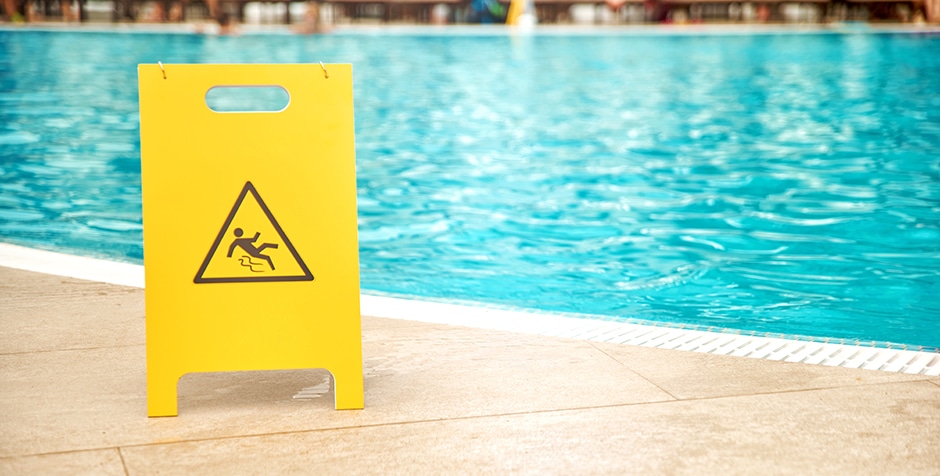Pool and Swimming Safety Tips to Avoid Serious Injuries and Death

Pool and Swimming Safety Tips to Avoid Serious Injuries and Death
With the heat coming to Massachusetts, our kids will be looking for the closest pool or swimming hole to cool off. Parents need to know the basic rules of safety so that a day at the pool or beach does not turn disastrous.
Each day, about 10 people die in unintentional drownings across the country – or 3,443 in 2007 alone, according to the Centers for Disease Control and Prevention. Many of these victims are young children. For every person who dies, many more are treated in hospitals for non-fatal submersion injuries. Alcohol use is involved in up to half of teen and adult deaths associated with water recreation.
Many of these injuries to our children could have been prevented if parents had followed the basic safety rules for pools and swimming.
“Swimming should be a source of pleasure not danger,” said Boston personal injury lawyer Marc Breakstone. “If parents take minimal precautions, they can ensure their children’s safety.”
Top Pool and Swimming Safety Tips
- Residential pools must be secured by a fence at least four feet tall.
- Keep children away from pool drains, pipes and other openings to avoid entrapments.
- Make sure your children are not wearing any loose jewelry, hair accessories or clothing that could get caught in pool drains or other pool equipment.
- If you have a home spa, install and use a child-proof locked safety cover to keep children out.
- Before allowing kids to dive, make sure the water is at least 10 feet deep.
- Always watch your children when they are in the water, even if they know how to swim. Do not drink alcohol if you are supervising young swimmers.
- Adults watching a group of children swim should assign at least one adult to the exclusive task of watching the children.
- Adults supervising young children should practice “touch supervision” and be close enough to reach the child at all times.
- Enroll your child in swimming lessons and learn to swim yourself.
- Take a class in CPR. Children 13 and older should also learn CPR.
- If you are using a public pool or beach, only swim where lifeguards are on duty and in their lifeguard’s stand. Stay and watch your children.
- Avoid swimming at the beach on windy days. Wind can create undertows and dangerous swimming conditions.
- Children under the age of 12 are required to wear life jackets when boating in Massachusetts. They should also wear life jackets when swimming.
- Do not body surf or allow your child to body surf. Body surfing is one of the leading causes of catastrophic spinal cord injuries.
- At lakes and ponds, make sure to check the water’s depth before swimming.
About Breakstone, White & Gluck
The Massachusetts personal injury lawyers at Breakstone, White & Gluck have over 100 years combined experience representing those who have been injured by negligence or wrongdoing, including in premises liability accidents and swimming pool accidents. If you or a loved one has been injured, contact us today for a free legal consultation at 800-379-1244. You can also use our contact form.
